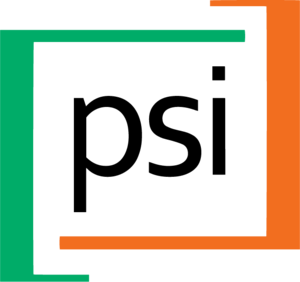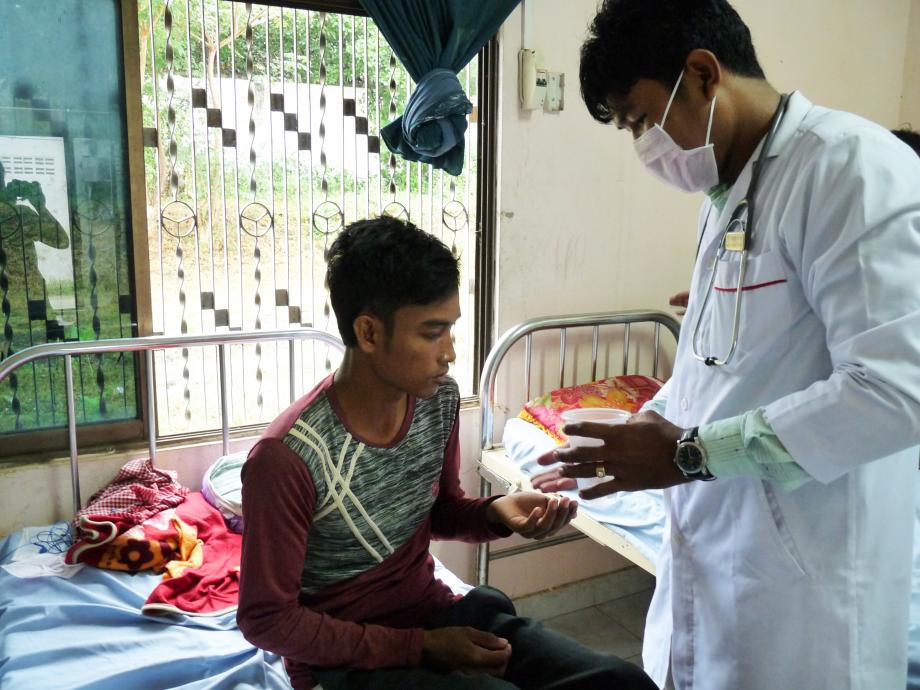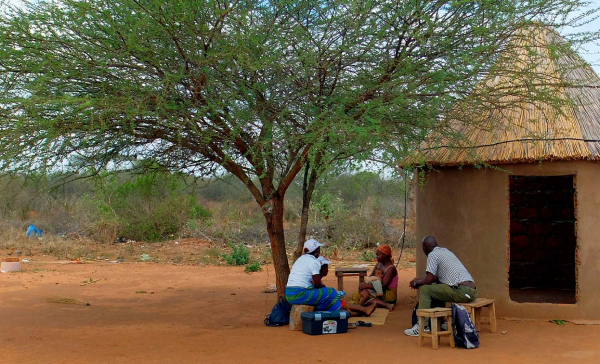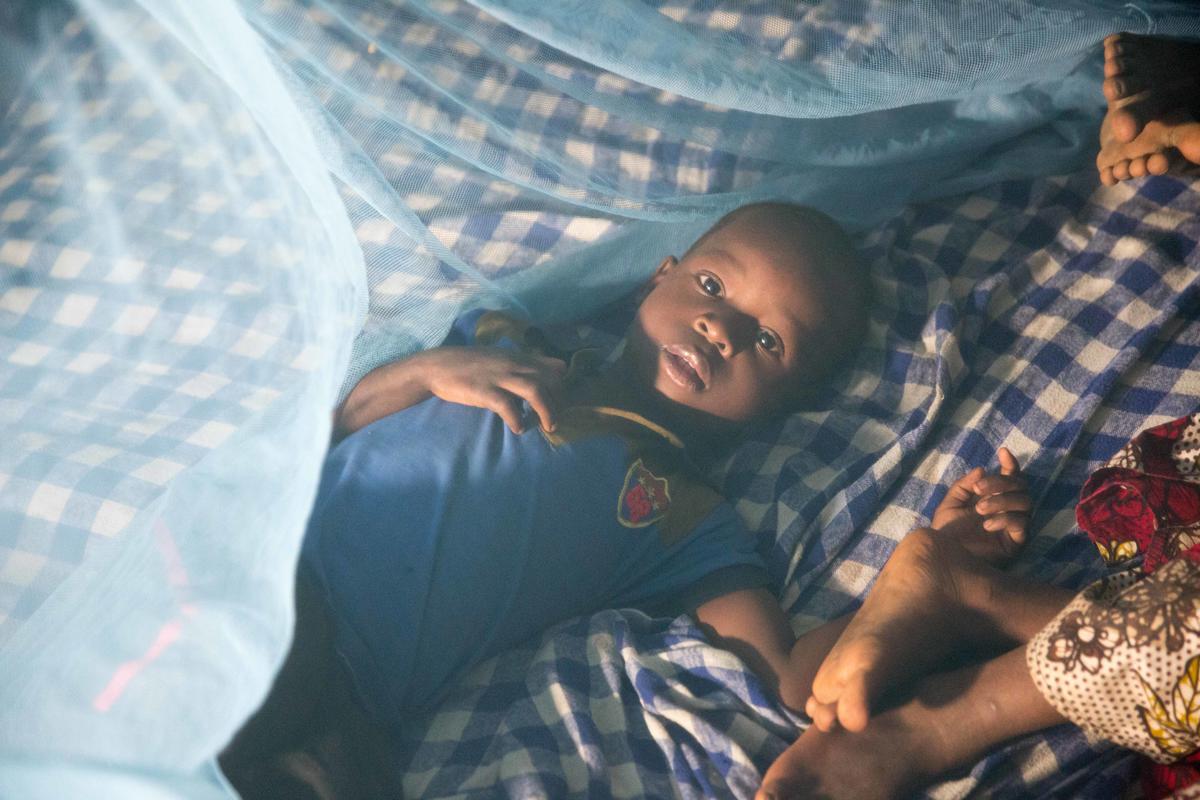The problem
Rapid diagnostic tests (RDTs) held great potential to expand access to reliable malaria diagnosis, particularly in settings with limited access to quality microscopy. Starting in 2010, when the World Health Organization recommended diagnostic testing of all suspected cases of malaria, access to quality RDTs in the public sector began improving. But it remained limited in the private sector where approximately 40% of patients seek care.
Download the project evaluation
Our response
With the goal of creating a sustainable private-sector market for malaria RDTs, this project worked in Kenya, Madagascar, Nigeria, Tanzania and Uganda to accelerate the introduction of quality RDTs and gather lessons for wider adoption in other countries.
The project strengthened the private sector supply chain for malaria RDTs. Regulatory permission to use malaria RDTs in private sector outlets – non-existent in the project countries at project outset – was granted nationwide in Madagascar.
Malaria RDTs were imported, distributed and sold in all target countries. The availability of improved and faster diagnostic tools reduced the unnecessary use of artemisinin-based combination treatments. The WHO roadmap for public-private partnership in malaria case management, which provides policy guidance and recommendations to malaria-endemic countries, relied on lessons learned through this project.






